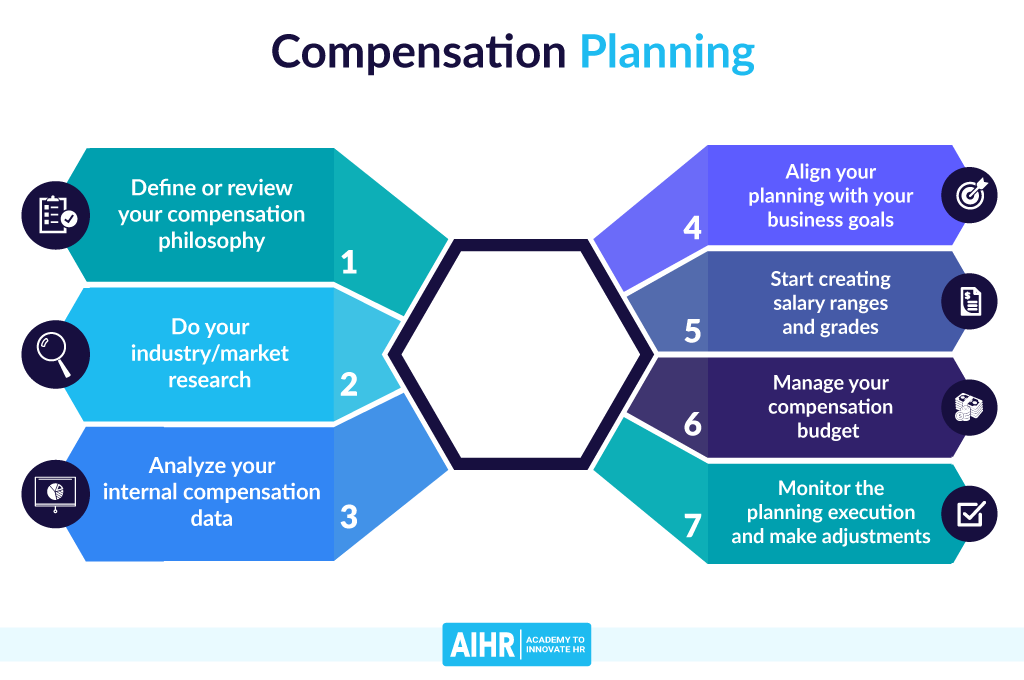Financial auditing is a crucial process that ensures the transparency and accuracy of an organization’s financial statements. It involves examining financial records, transactions, and internal controls to provide an independent and unbiased opinion on the financial health and performance of an entity. In today’s complex business environment, financial auditing services play a vital role in instilling trust among stakeholders and ensuring compliance with regulatory requirements.
The Role of Financial Auditing
Financial auditing services are primarily performed by certified public accountants (CPAs) or external audit firms. Their role is to scrutinize an organization’s financial statements, including income statements, balance sheets, cash flow statements, and accompanying notes, to determine if they present a true and fair view of the company’s financial position.
Financial auditors review and assess the organization’s accounting policies and procedures to check for compliance with applicable accounting standards and regulations. They validate the accuracy and reliability of financial information by performing tests, such as sample testing of transactions and account balances and confirming the existence and ownership of assets and liabilities.
Auditors also evaluate internal controls within the organization to identify any weaknesses or deficiencies that could lead to fraud, error, or misstatement of financial information. They provide recommendations for improving internal control systems and minimizing the risk of financial irregularities.
Benefits of Financial Auditing Services
Financial auditing services offer several benefits to organizations and their stakeholders:
Enhanced Transparency and Trust
By conducting independent and objective audits, financial auditors enhance the transparency and reliability of an organization’s financial reporting. Investors, lenders, and other stakeholders can have confidence in the accuracy and completeness of the financial information provided, thereby promoting trust and credibility.
Identification and Prevention of Fraud
Financial auditors are trained to detect signs of fraud and uncover any misstatements or irregularities in financial statements. Through their rigorous examination of transactions and internal controls, they play a crucial role in preventing and mitigating fraud risks within an organization.
Compliance with Regulations
Financial auditing services ensure that organizations comply with applicable accounting standards, regulations, and legal requirements. This minimizes the risk of penalties, sanctions, or legal disputes arising from non-compliance.
Improved Decision-Making
Accurate and reliable financial information is vital for effective decision-making by management, investors, and other stakeholders. Financial auditing services provide assurance that the information used for decision-making is trustworthy, helping organizations make informed strategic and operational decisions.
Types of Financial Auditing Services
Financial auditing services encompass various types of audits, depending on their scope and purpose:
External Audits
External audits are conducted by independent audit firms and are typically required for publicly listed companies. They provide an unbiased assessment of an organization’s financial statements and compliance with regulations, offering assurance to shareholders and investors.
Internal Audits
Internal audits are performed by employees within the organization and focus on evaluating the effectiveness of internal controls, risk management, and compliance with policies and procedures. Internal auditors help organizations improve operational efficiency and identify areas of potential risk.
Forensic Audits
Forensic audits are specialized audits that investigate financial irregularities, suspected fraud, or legal disputes. These audits involve extensive data analysis, interviews, and investigations to gather evidence for potential legal proceedings or disciplinary actions.
The Auditing Process
The financial auditing process typically includes the following steps:
Planning
Auditors assess the risks and develop an audit plan, considering the organization’s size, industry, and specific audit objectives. They gain an understanding of internal control systems and identify key areas to focus on.
Evidence Collection
Auditors collect evidence by examining financial records, conducting interviews, and performing tests to validate the accuracy and completeness of financial information. They may also request additional documentation or clarification from management.
Analysis and Evaluation
Auditors analyze the collected evidence to determine if the financial statements present a true and fair view. They assess the compliance with accounting principles and regulations, the presence of any irregularities or fraud, and the effectiveness of internal controls.
Reporting
Based on their findings, auditors prepare a comprehensive report that includes an opinion on the fairness of financial statements, recommendations for improvement, and any identified areas of concern. This report is shared with management, shareholders, and other stakeholders.
In Conclusion
Financial auditing services play a crucial role in ensuring transparency, trust, and compliance within organizations. By engaging professional auditors, companies can actively protect themselves from fraud, provide reliable information for decision-making, and strengthen stakeholder confidence. Embracing financial auditing services is a vital step in maintaining financial integrity and achieving long-term success in today’s business landscape.


